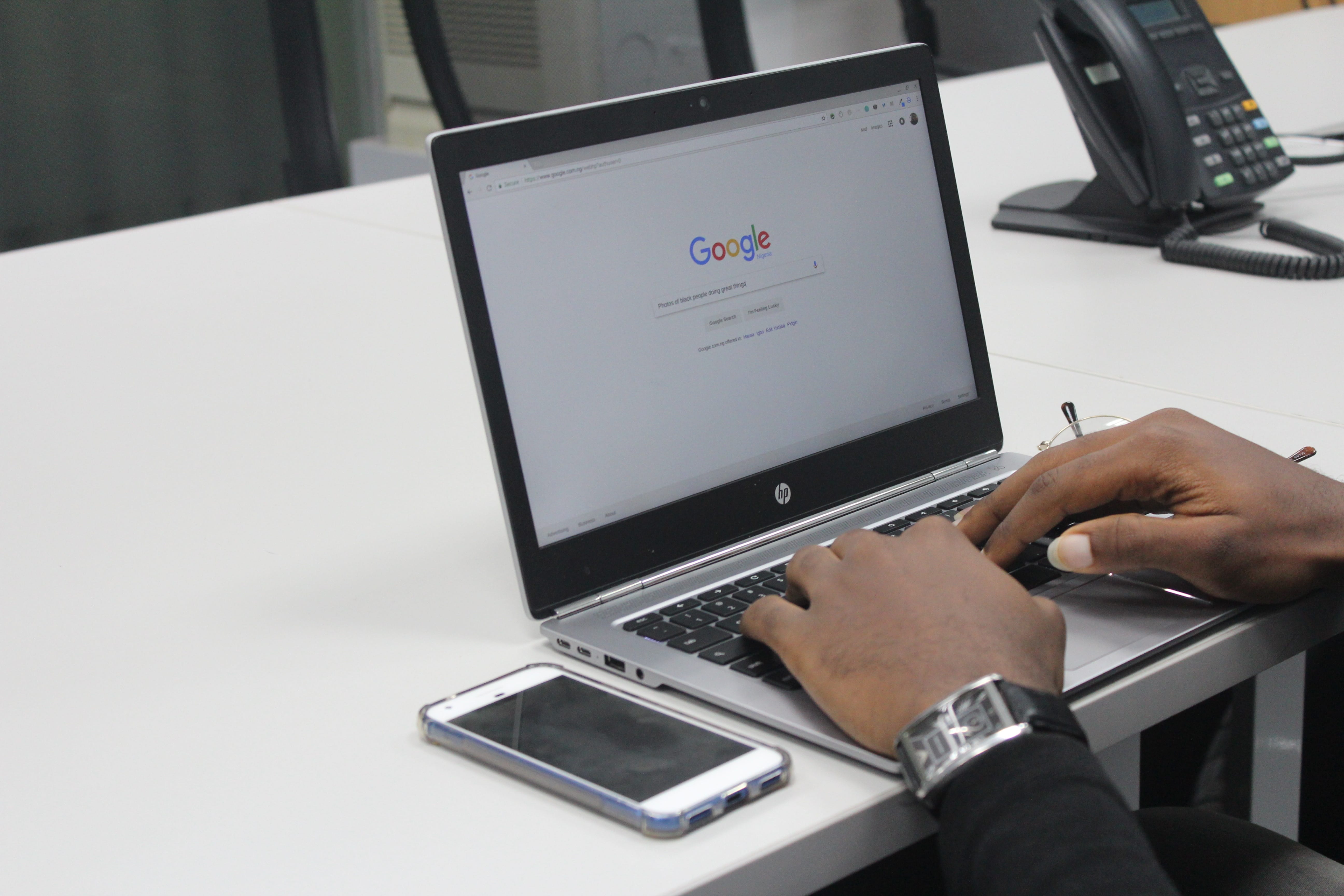Personal freedom is one of our most cherished ideals. What to do, then, when someone tries to take it away? For Internet users, VPN may be the answer.
Privacy is a fundamental human right. Using a virtual private network (VPN) is becoming increasingly essential in preserving that right for millions of Internet users. Basically, VPN is software that will create a secure, encrypted “tunnel” to a remote server through which you connect to the Internet. When you connect to a VPN, you can effectively conceal all of your online activity and communications from your ISP, from hackers, and even from government surveillance efforts. Furthermore, by connecting to the Internet through a remote server in a separate location, VPN can be used as an incredibly powerful tool to evade government firewalls as well as to elude any government-mandated Internet censorship tactics. People use VPNs every day to help protect their online privacy by encrypting their Internet activity and to preserve their freedom of speech and expression by circumventing firewalls and government censorship.
Because you can use a VPN to hide your online activity, evade government firewalls, and access geographically restricted content, a common question that many people have regarding VPNs is whether using this type of software is illegal. The answer is not always 100% cut and dry, however. In the United States and indeed throughout the vast majority of the world, using a VPN is perfectly legal. On the other hand, in countries that employ strict internet censorship laws and/or conduct full-scale government surveillance, the legality of using a VPN often gets into a bit of a murky area.
Case in point, one of the most notorious countries in terms of Internet censorship and government surveillance is China. If you have visited China and have attempted to use the Internet there, you are no doubt familiar with the so-called “Great Firewall” that blocks access to many of the most popular websites, apps, and services for anyone accessing the Internet from within the country. On top of that, whatever you do online in China is subject to scrutiny and surveillance by the government. Needless to say, Chinese authorities are not too keen on people using VPNs to thwart these types of control tactics. However, the predicament is that it is also not in the country’s interest to ban the use of VPNs as their use is critical for the viability of large international businesses operating in the country. The result is an ever-shifting and unpredictable position on how VPNs should be regulated in China.
For now, using a VPN is considered legal in China, as long as the VPN software being used is authorized by the government. Chinese authorities often threaten to prosecute any unauthorized VPN use in the country, but the reality is that, to date, only a few cases have been reported where locals have been punished for using a VPN. So far, there haven’t been any reports of foreigners being subject to any such punishments. That being said, even though VPNs are not technically illegal in China, the Great Firewall does try to make it difficult for VPNs to work effectively. Nonetheless, there are several VPN providers that are able to get past the firewall and work well in China.

Other countries such as Iran, Russia, and Oman take a similar stance on Internet censorship and VPN use and only allow the use of VPNs that are expressly authorized by the government. The situations in these types of countries are also likely to shift unpredictably, but enforcement is often unavailing and many VPN providers will work just fine. In the UAE, it is illegal to use a VPN to conduct activities deemed illegal in the country like gambling or watching pornography. Some countries take it a step further and strictly ban the use of VPN altogether. In countries like Belarus, Turkmenistan, Turkey, and Iraq, VPN use is completely banned by the government. Using a VPN in these countries can land you in legal trouble and potentially subject you to significant fines.
Most of the time, Internet censorship and VPN restrictions and bans imposed by governments are in an effort to control the population and limit the dissemination of ideas that may run counter to what the government deems appropriate. This naturally infringes upon the ideals of personal privacy and freedom of expression that are so highly regarded in the U.S. and most of the rest of the world. Individual privacy rights need to be upheld at all costs and using a VPN in countries that actively work to encroach on those fundamental rights is essential. The frustrating thing is that the landscape is constantly shifting regarding the legality of VPN use in these areas, and it is not always completely clear what the rules actually are or how they are enforced in many cases. Regardless, VPNs are still widely used in countries where they are restricted or even considered illegal. The truth is that it is not easy for authorities to track VPN use simply due to the inherent nature of how VPN works to secure your Internet connection through encryption.
It is human nature for us to want to protect our own personal privacy, and any time anyone attempts to violate that, through oppressive government decree or otherwise, we will do whatever we can to preserve our right to privacy. A VPN is an extremely effective tool to use to protect our personal privacy online in countries that seek to impede upon that fundamental right.


Join the conversation!